Matcha: An Everyday Anti-Inflammatory Superfood
Ali Segersten Jan 30, 2024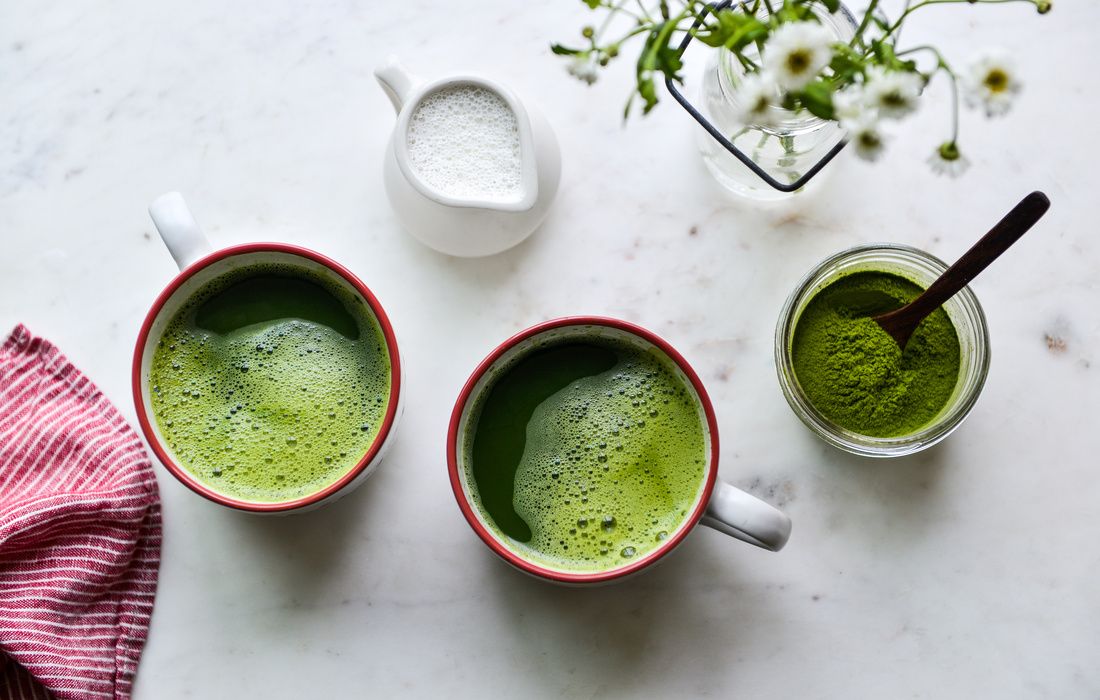
Matcha, or powdered green tea, is one of the most powerful antioxidant superfoods you can consume. Matcha is a concentrated source of a specific group of polyphenols called catechins. You may have heard of EGCG, or epigallocatechin gallate. EGCG is a catechin found in concentrated amounts in matcha—much higher than regular green tea! EGCG has been widely studied for years for its beneficial effects on weight loss, inflammation reduction, cardiovascular health, cancer prevention, and gut microbe balancing.
Matcha powder is made from finely ground young green tea leaves, however the process of growing green tea for matcha is different than regular tea leaf production. During the last six weeks of growing, the tea plants (camellia sinensis) are shaded to increase the levels of amino acids and chlorophyll in the leaves. This, in turn, creates bright green matcha without any bitterness. High quality matcha should have a very smooth, balanced, and almost sweet flavor.
Matcha contains about 60 to 70 mg of caffeine per teaspoon of powder, as well as L-theanine, quercetin, rutin, catechins, chlorophyll, and vitamin C. The L-theanine in matcha helps to improve attention, focus, and mood. It also takes the edge off of the caffeine, calming anxiety. The higher the grade of matcha, the more L-theanine (ceremonial grade contains the highest amount). In fact, L-theanine is often added to sleep supplements because it calms the brain by blocking the binding of L-glutamic acid to glutamate receptors in the brain. The combination of L-theanine and caffeine in matcha gives you sustained energy and focus, instead of the high and subsequent crash associated with coffee.
The most widely researched catechin in matcha is EGCG, or epigallocatechin gallate. EGCG accounts for about 33% of the catechins found in green tea. Aside from taking a green tea extract supplement, matcha contains the highest levels of EGCG. Catechins act as an antioxidant in the body, scavenging free radicals to reduce oxidative stress. EGCG can inhibit the NF-kB pathway in the body (an inflammatory pathway). EGCG can also induce cancer cell apoptosis (programmed cell death), reducing cancer cell growth. High-dose EGCG treatment has also been used to reduce weight and waist circumference. The catechins found in matcha and green tea can increase fat oxidation and increase insulin sensitivity! The combination of the high levels of catechins and caffeine in matcha seem to have the greatest effect on weight loss. The catechins in green tea can also increase the production of glutathione—the body's most powerful antioxidant!
The health benefits from matcha come from daily consumption. Enjoy 1 to 3 teaspoons of high quality matcha powder every morning. I have found that whisking matcha powder with several tablespoons of cold water to form a thin paste, before adding hot water (around 180 degrees F) and non-dairy milk, creates the smoothest matcha lattes and improves the overall flavor profile of the beverage.

About the Author
Alissa Segersten, MS, CN
Alissa Segersten, MS, CN, is the founder of Nourishing Meals®, an online meal-planning membership with over 2000 nourishing recipes and tools to support dietary change and better health. As a functional nutritionist, professional recipe developer, and author of The Whole Life Nutrition Cookbook, Nourishing Meals, and co-author of The Elimination Diet, she helps people overcome health challenges through food. A mother of five, Alissa understands the importance of creating nutrient-dense meals for the whole family. Rooted in science and deep nourishment, her work makes healthy eating accessible, empowering thousands to transform their well-being through food.Nourishing Meals Newsletter
Email updates.
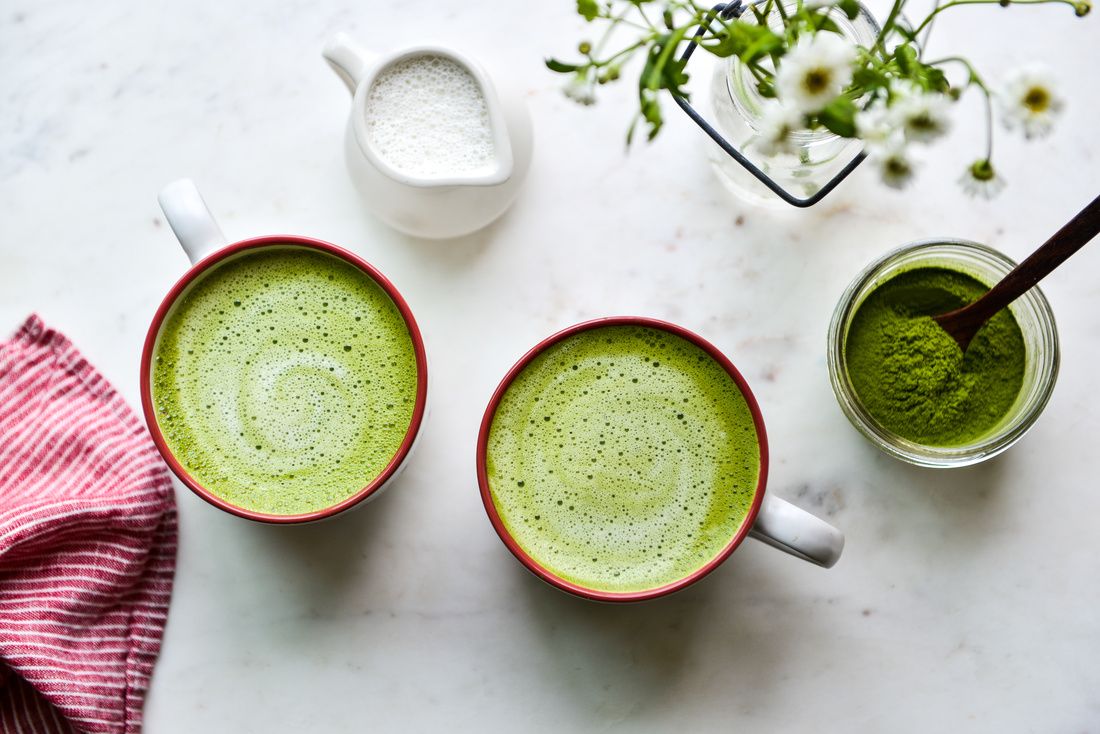
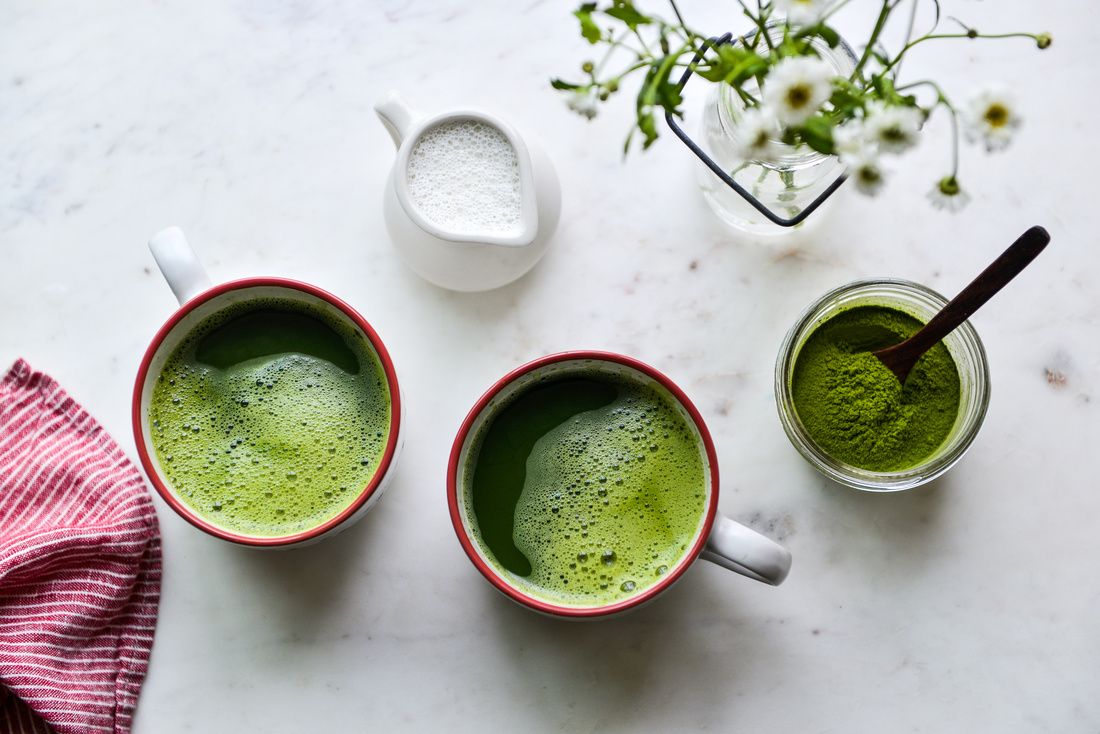
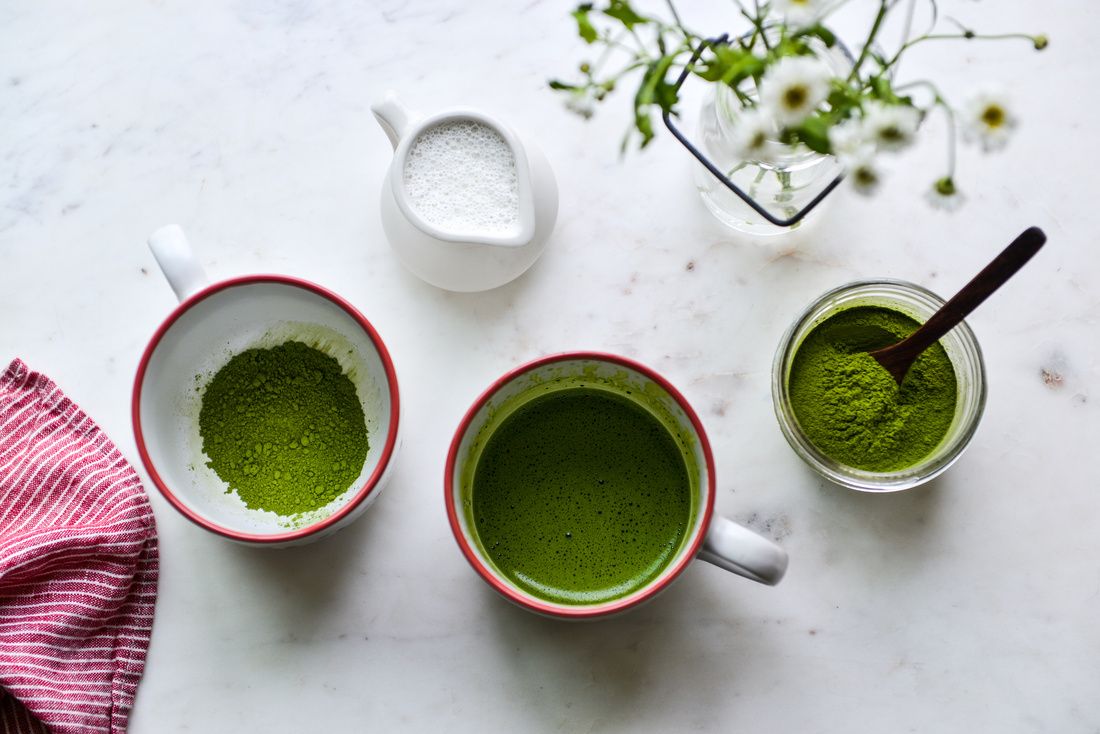
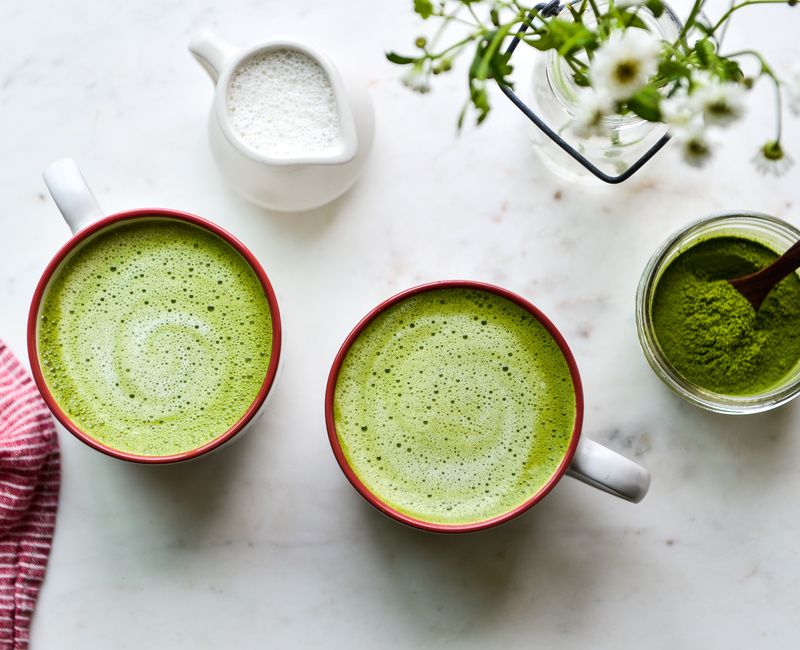
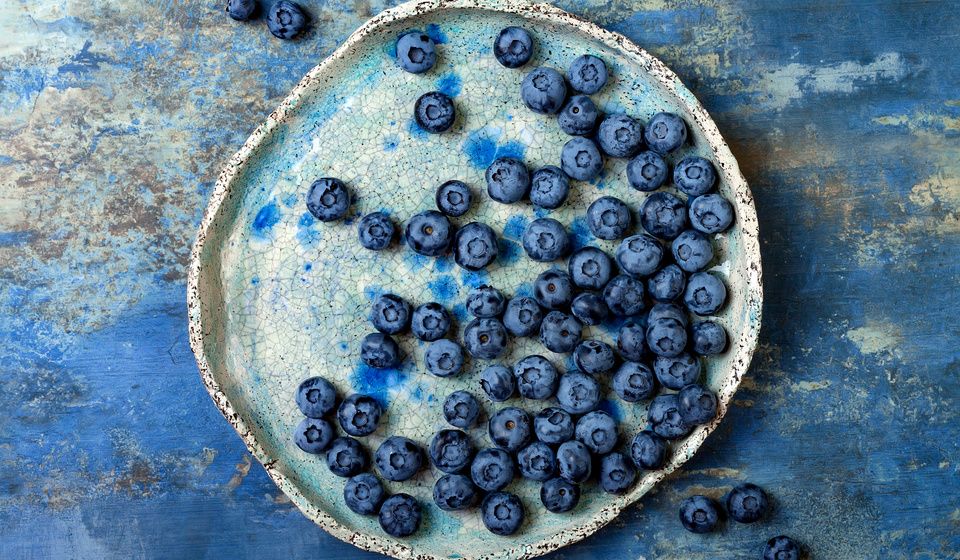
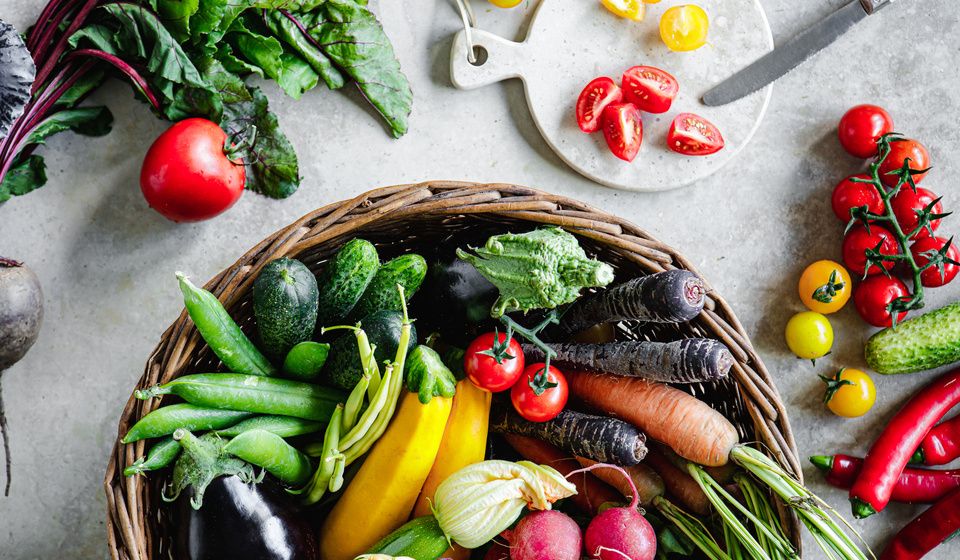
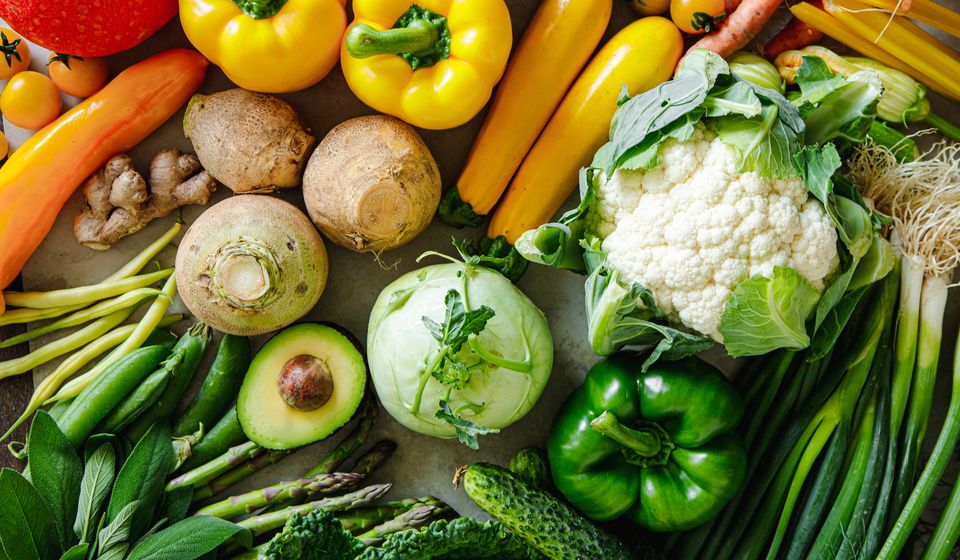
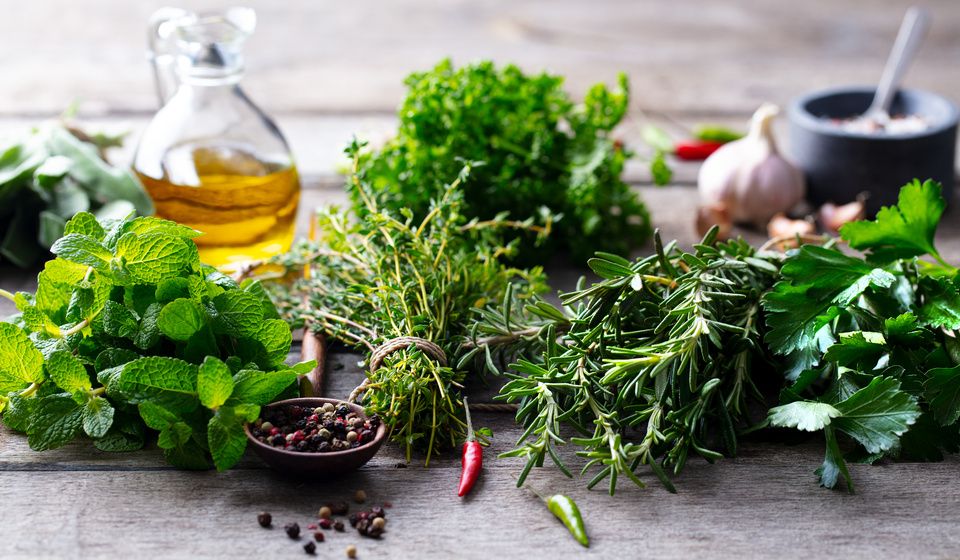


Add Comment